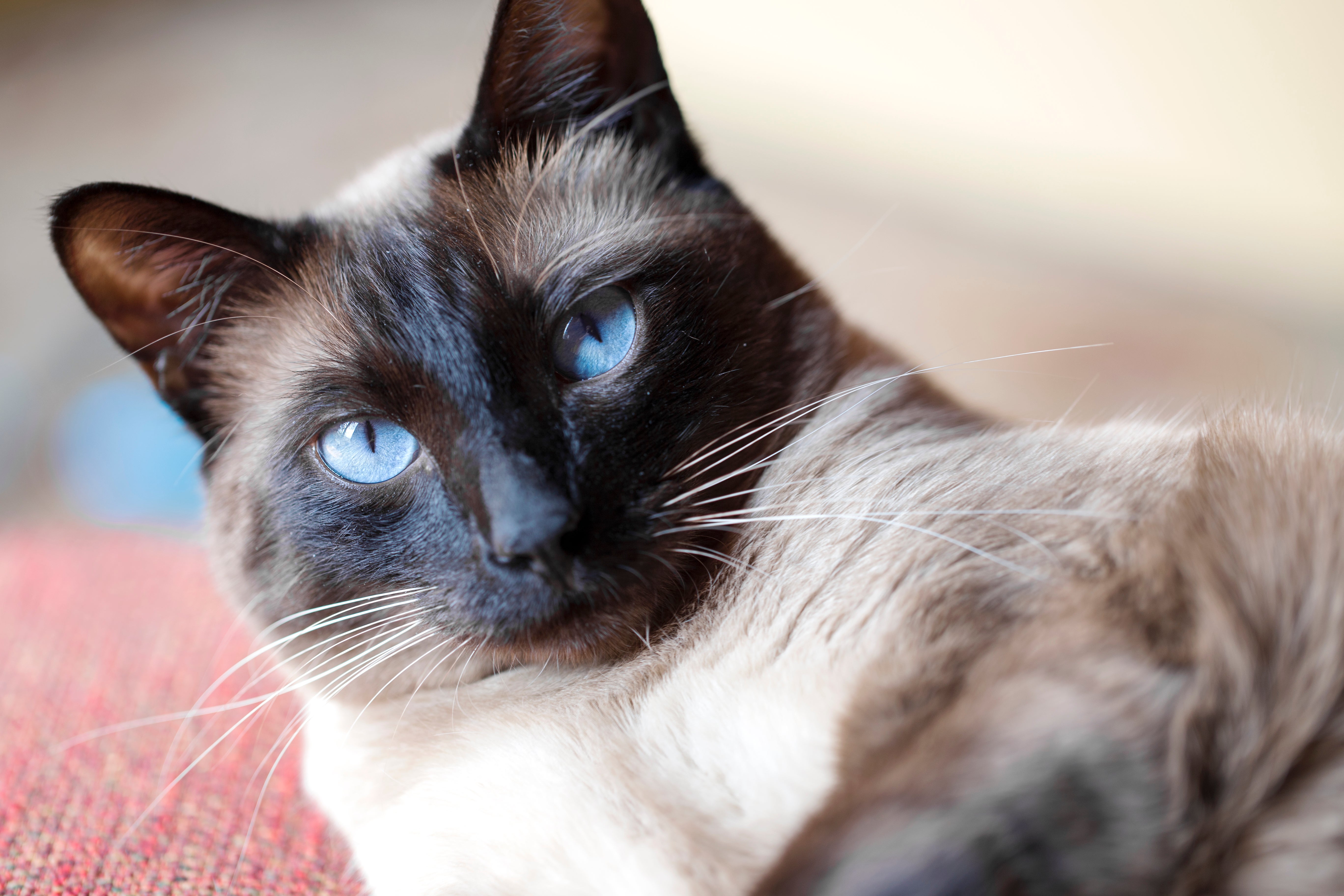Two UK cats infected with coronavirus by owners, scientists say
Researchers warn that domestic animals could act as a ‘viral reservoir’

Two cats in the UK caught Covid-19 from humans last year, with the actual number of cases transmitted from humans to animals likely to be higher, scientists have said.
Researchers from the University of Glasgow made the discovery during a feline screening programme.
In a study published in the Veterinary Record, they revealed how both animals are thought to have become infected by their owners, who displayed coronavirus symptoms before their pets fell ill.
One of the cats had to be put down as a result of the virus, while the other made a full recovery.
Although there is currently no evidence of cat-to-human transmission, the paper’s authors warned that domestic animals could potentially serve as a “viral reservoir”.
Explaining this, lead author Margaret Hosie, a professor at the MRC-University of Glasgow Centre for Virus Research, said: “These two cases of human-to-animal transmission, found in the feline population in the UK, demonstrate why it is important that we improve our understanding of animal SARS-CoV-2 infection.
“Currently, animal-to-human transmission represents a relatively low risk to public health in areas where human-to-human transmission remains high.
“However as human cases decrease, the prospect of transmission among animals becomes increasingly important as a potential source of SARS-CoV-2 reintroduction to humans.
“It is therefore important to improve our understanding of whether exposed animals could play any role in transmission.”
Since the pandemic began, a small number of cats and dogs have tested positive for Covid-19, according to the Centers for Disease Control and Prevention. So have zoo animals including lions, tigers and gorillas.
The largest animal outbreak, however, has been among mink populations, leading to the culling of millions of animals at mink farms in Denmark.
Reports of cats catching coronavirus from their owners have emerged from places including Belgium, France and Hong Kong.
Professor James Wood, head of the veterinary medicine department at Cambridge University, describing the findings of the study as “important and interesting”.
“Cats and dogs have been reported to be infected. This is a high quality study, including whole genome sequencing to confirm transmission links,” he added.
The first cat with Covid-19 that the researchers cite was a four-month-old female Ragdoll kitten, whose owner came down with Covid-19 symptoms in March last year but was not tested.
After suffering from breathing problems, its health worsened and it had to be put down, with a post-mortem showing lung damage consistent with a coronavirus infection.
The other animal was a six-year-old female Siamese, who suffered nasal discharge and conjunctivitis, but never developed severe illness. Its Covid-19 infection was confirmed by a swab.
Join our commenting forum
Join thought-provoking conversations, follow other Independent readers and see their replies
Comments